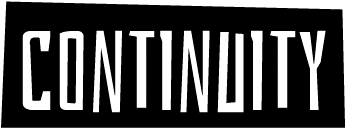
Reform Pedagogy and Private Education
During the four decades of the camp’s operation, generally held convictions regarding child-rearing and the role of schools underwent a fundamental transformation, resulting in radical changes in the way childhood was viewed by adult society. The intellectual home territory from which Eszter Leveleki’s ideas were derived lay within the Montessori movement of the early decades of the twentieth century. In interwar Hungary, there had arisen a variety of private nursery and elementary schools that either followed, or grew out of the tenets of such movements (e.g. Montessori and Waldorf). Schools like these, which viewed the child as disposed toward creative exploration through sensory experience, ran counter to the approach favoured by the conservative Christian state education system. Within them, the joy of discovery became part of the pedagogical process, with the aim of raising creative, autonomous, motivated citizens of (capitalist) society.
The early market in experimental reform education catered to the demands of the urban middle class, a vibrant community of individuals whose primary ties to one another derived from considerations of social and economic position, intellectuality, taste, and cultural identity. Members of this class were frequently characterised by a big-city lifestyle; occupations related to capitalist production (from factory owner to factory worker); a Western outlook; a commitment to liberalism and social democracy; an interest in reform education, “modern” psychology, and progressive child-rearing practices; and an appreciation for Western-style literature, experimental theatre, and modern dance. During the 1930s, however, the system of private education that had emerged from the 1920s – now a refuge for both the children of Hungary’s urban Jews, and women, who had found themselves increasingly expelled from higher education – experienced an increasing measure of pressure from the political arena.





